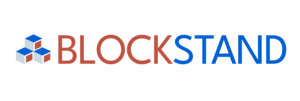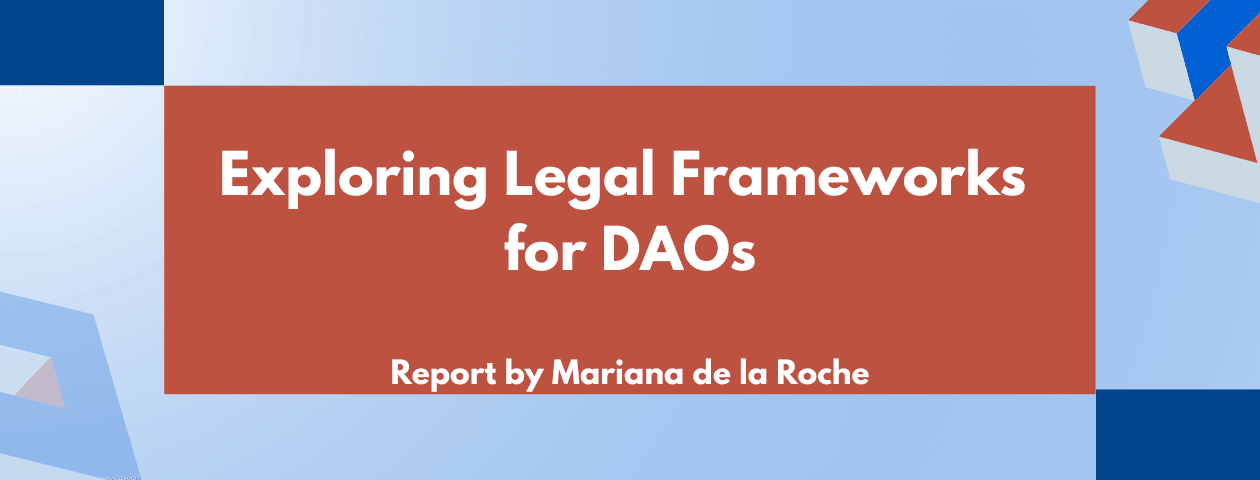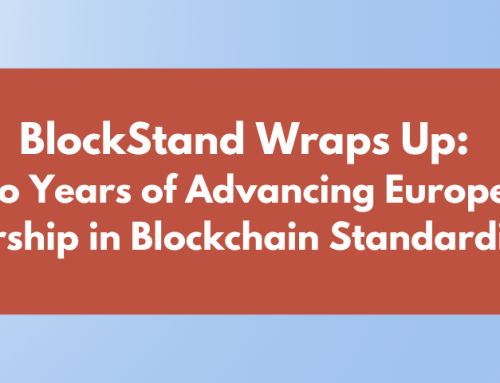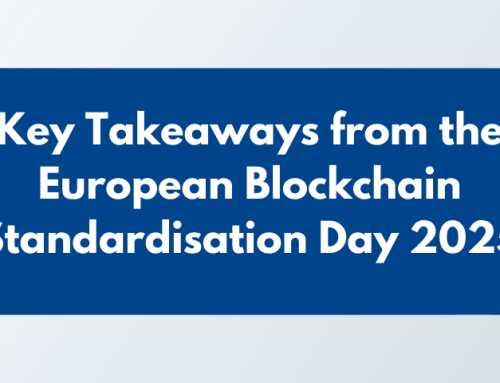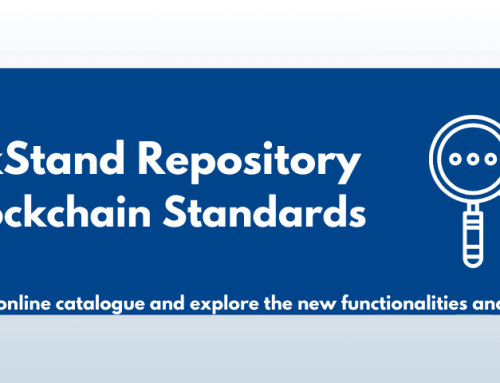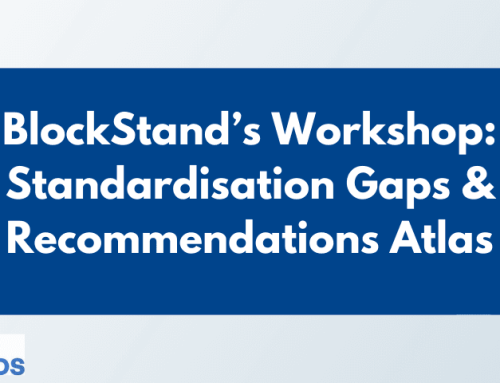With DAOs rapidly growing across industries worldwide, navigating their regulatory complexities has become a major challenge. BlockStand expert Mariana de la Roche provides insights into these challenges in her recent report, Comparative Analysis Report: Legal Frameworks for DAOs, which explores key regulatory approaches across multiple jurisdictions.
The report provides a comparative analysis of legal frameworks for DAOs across many jurisdictions, including the Cayman Islands, Marshall Islands, Switzerland, the United States (Wyoming), Japan, the United Arab Emirates, Abu Dhabi Global Market (ADGM), and the United Kingdom. By examining each region’s DAO regulations, the report identifies both similarities and differences, offering insights into the strengths and limitations of existing legal structures.
DAOs represent a new approach to organizational structure and governance, functioning through decentralized blockchain networks and smart contracts. However, as de la Roche highlights, the lack of clear legal recognition creates uncertainty for members, stakeholders, and regulators, especially when it comes to assigning liability and understanding their decentralized nature.
Common Themes and Regional Differences
De la Roche’s report examines the evolving regulatory landscape for DAOs, highlighting both common approaches and regional differences. While some jurisdictions, such as Wyoming and ADGM, have introduced tailored frameworks, others, like Japan and Switzerland, have adapted existing laws to address the unique challenges posed by DAOs. The report also points to a growing alignment among jurisdictions on key regulatory aspects, including AML/KYC requirements, token classification, and governance standards. However, many existing frameworks struggle to accommodate DAOs’ decentralized nature, reliance on smart contracts, and lack of clear geographical boundaries, leading to inconsistencies in governance, liability, and regulatory oversight.
Actionable Recommendations
To improve clarity in DAO regulation, the report proposes several actionable recommendations:
- Standardized DAO Classification: Introducing a universal framework for categorizing DAOs based on their purpose and governance structure.
- Core Governance Principles: Establishing global standards for transparency, trustee responsibilities, and accountability mechanisms.
- Technology-Agnostic Regulations: Developing adaptable legal frameworks to support ongoing innovation.
- Cross-Jurisdictional Regulatory Sandboxes: Enabling DAOs to test operations within controlled environments under regulatory oversight.
This work provides a crucial foundation for understanding the regulatory landscape surrounding DAOs. By identifying current gaps and proposing forward-thinking solutions, Mariana de la Roche contributes to building a more cohesive and legally secure environment for decentralized organizations.
To read more about related materials, explore the “Resources & Publications” page below or visit the “Meet Our Experts” page to learn more about Mariana de la Roche and her areas of expertise.
